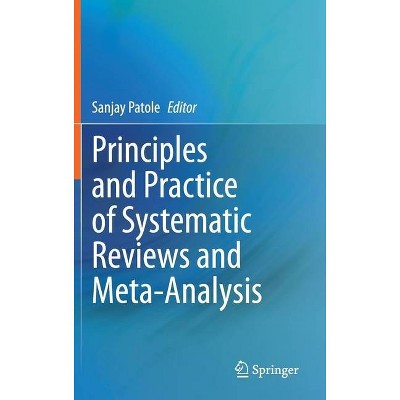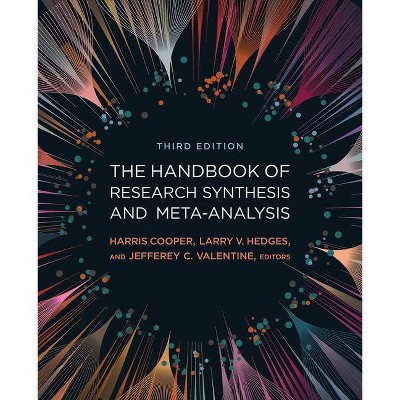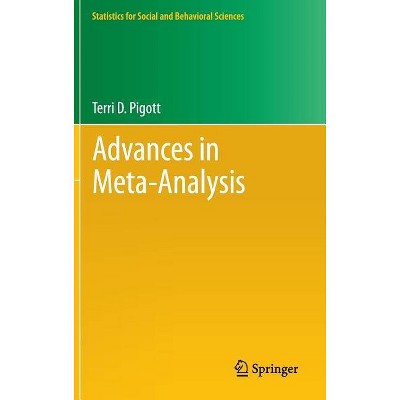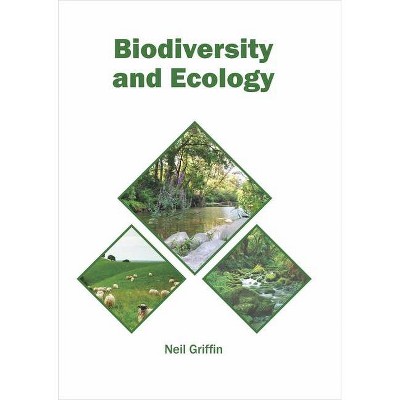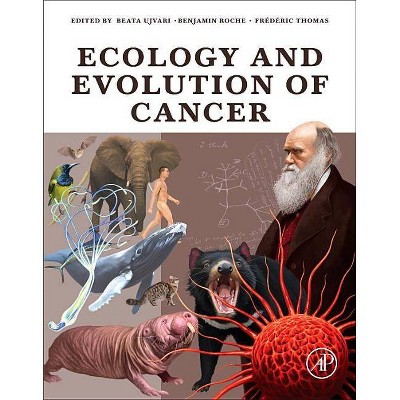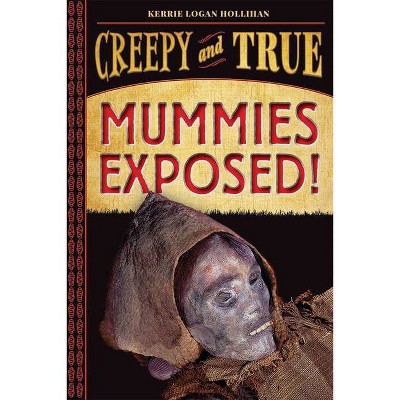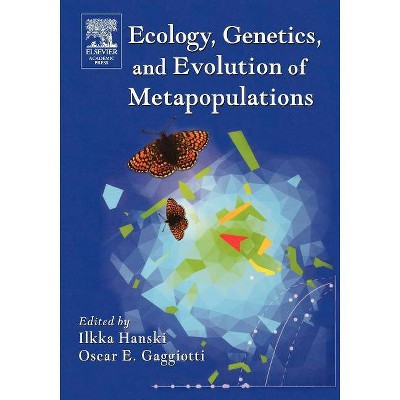Handbook of Meta-Analysis in Ecology and Evolution - by Julia Koricheva & Jessica Gurevitch & Kerrie Mengersen (Hardcover)
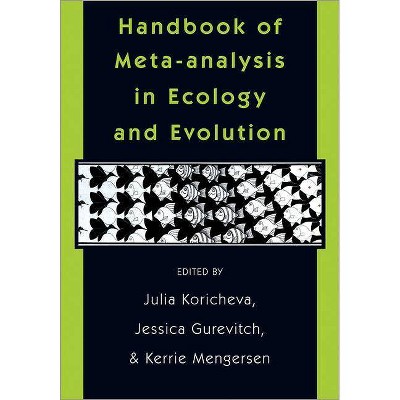
Similar Products
Products of same category from the store
AllProduct info
<p/><br></br><p><b> About the Book </b></p></br></br>"Meta-analysis is a powerful statistical methodology for synthesizing research evidence across independent studies. This is the first comprehensive handbook of meta-analysis written specifically for ecologists and evolutionary biologists, and it provides an invaluable introduction for beginners as well as an up-to-date guide for experienced meta-analysts. The chapters, written by renowned experts, walk readers through every step of meta-analysis, from problem formulation to the presentation of the results. The handbook identifies both the advantages of using meta-analysis for research synthesis and the potential pitfalls and limitations of meta-analysis (including when it should not be used). Different approaches to carrying out a meta-analysis are described, and include moment and least-square, maximum likelihood, and Bayesian approaches, all illustrated using worked examples based on real biological datasets. This one-of-a-kind resource is uniquely tailored to the biological sciences, and will provide an invaluable text for practitioners from graduate students and senior scientists to policymakers in conservation and environmental management. Walks you through every step of carrying out a meta-analysis in ecology and evolutionary biology, from problem formulation to result presentation Brings together experts from a broad range of fields Shows how to avoid, minimize, or resolve pitfalls such as missing data, publication bias, varying data quality, nonindependence of observations, and phylogenetic dependencies among species Helps you choose the right software Draws on numerous examples based on real biological datasets "--<p/><br></br><p><b> Book Synopsis </b></p></br></br><p>Meta-analysis is a powerful statistical methodology for synthesizing research evidence across independent studies. This is the first comprehensive handbook of meta-analysis written specifically for ecologists and evolutionary biologists, and it provides an invaluable introduction for beginners as well as an up-to-date guide for experienced meta-analysts. <p/> The chapters, written by renowned experts, walk readers through every step of meta-analysis, from problem formulation to the presentation of the results. The handbook identifies both the advantages of using meta-analysis for research synthesis and the potential pitfalls and limitations of meta-analysis (including when it should not be used). Different approaches to carrying out a meta-analysis are described, and include moment and least-square, maximum likelihood, and Bayesian approaches, all illustrated using worked examples based on real biological datasets. This one-of-a-kind resource is uniquely tailored to the biological sciences, and will provide an invaluable text for practitioners from graduate students and senior scientists to policymakers in conservation and environmental management. <p/></p><ul><br> <li>Walks you through every step of carrying out a meta-analysis in ecology and evolutionary biology, from problem formulation to result presentation </li><br> <li>Brings together experts from a broad range of fields </li><br> <li>Shows how to avoid, minimize, or resolve pitfalls such as missing data, publication bias, varying data quality, nonindependence of observations, and phylogenetic dependencies among species </li><br> <li>Helps you choose the right software </li><br> <li>Draws on numerous examples based on real biological datasets</li><br></ul><p/><br></br><p><b> From the Back Cover </b></p></br></br><p>"A superb guide to the conduct and interpretation of meta-analysis, from an exceptional team of international experts. This comprehensive manual covers essential concepts, steps, and standards for rigorous research synthesis in ecology and evolutionary biology. Its clear prose, helpful illustrations, and worked examples will be useful for beginners and experts alike. Highly recommended for use as a textbook or for self-study."<b>--Julia Littell, Bryn Mawr College, coauthor of <i>Systematic Reviews and Meta-Analysis</i></b></p><p>"This is a well-written and valuable book, one that is unique within biology. The use of meta-analysis in ecology and evolution has reached the point where there is a need for a comprehensive, single-volume text such as this."<b>--Samuel M. Scheiner, coeditor of The <i>Theory of Ecology</i></b></p><p>"This book provides readers with a complete picture of the state of meta-analysis in ecology, evolution, and conservation biology today. It will help to raise the bar on the quality of meta-analytical research in the field, as well as improving research synthesis in general. This is the first book on the subject written for ecologists and environmental scientists."<b>--Michael Dietze, Boston University</b></p><p/><br></br><p><b> Review Quotes </b></p></br></br><br>[T]his is a comprehensive and up-to-date compendium of all relevant aspects for meta-analysis conduction in ecology, evolution, and related topics. Scientists from these areas who already have some knowledge on meta-analysis will find valuable guidance.<b>---Daniela Vetter, <i>Quarterly Review of Biology</i></b><br><p/><br></br><p><b> About the Author </b></p></br></br><b>Julia Koricheva</b> is Professor of Ecology at Royal Holloway, University of London. <b>Jessica Gurevitch</b> is Professor of Ecology and Evolution at Stony Brook University, State University of New York. <b>Kerrie Mengersen</b> is Research Professor of Statistics at Queensland University of Technology.
Price History
Price Archive shows prices from various stores, lets you see history and find the cheapest. There is no actual sale on the website. For all support, inquiry and suggestion messages communication@pricearchive.us
